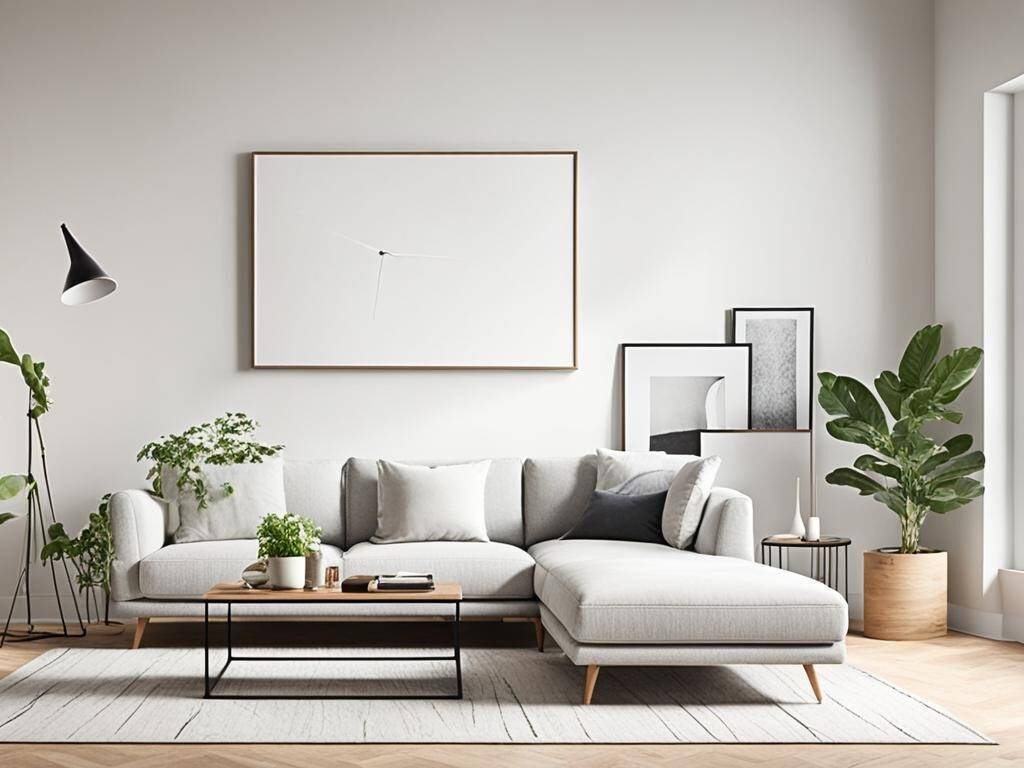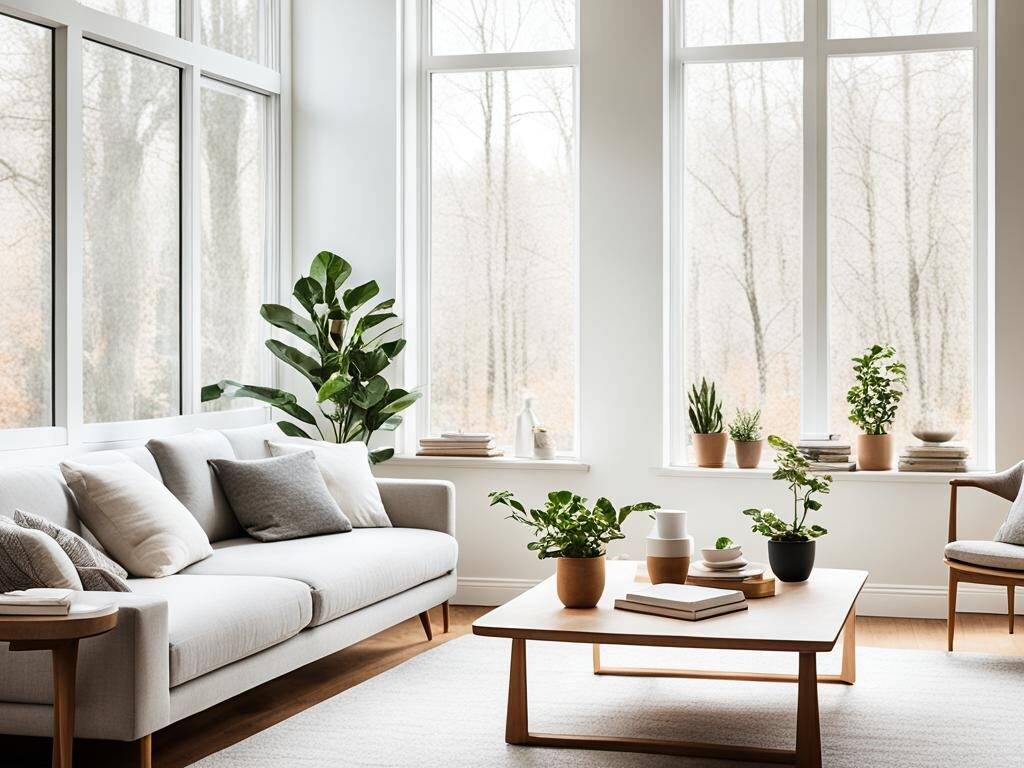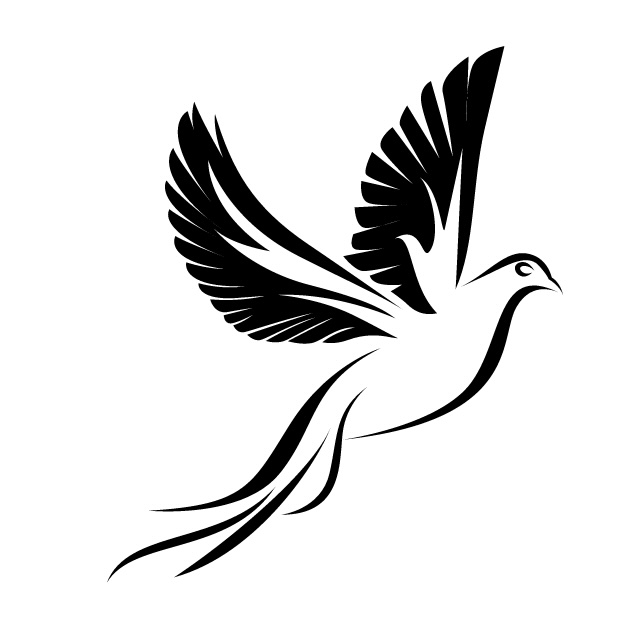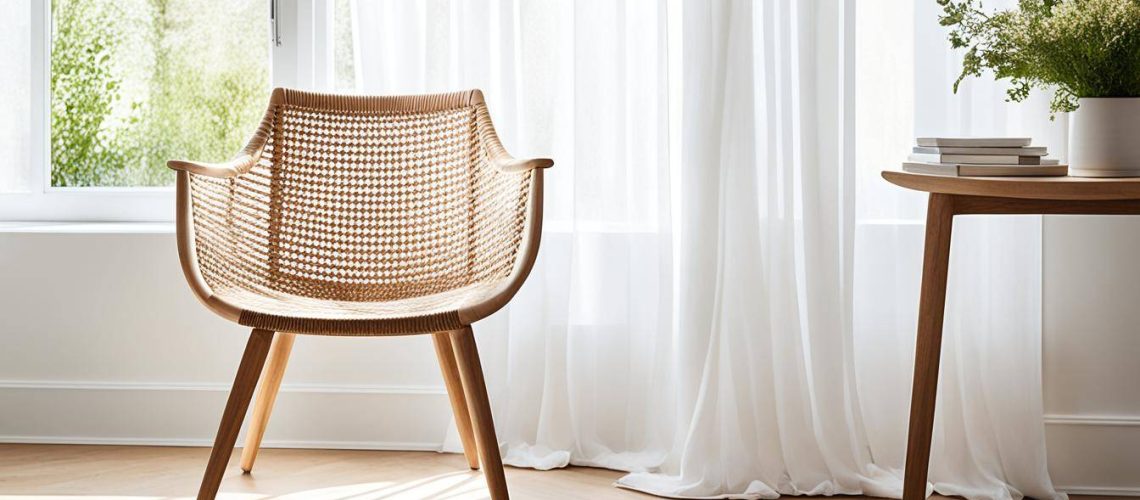Surrounded by a mess, I feel uneasy. The world pushes us to get more, always the latest and best. Yet, I crave a life of intention, filled with deep meaning. Minimalism offers a new view, showing what’s truly important.
Minimalism is more than just clearing out our stuff. It’s a change to see what really counts. It’s about being happy with simple things. With this approach, life becomes about what we experience and who we share it with. Quality starts to mean more than just having a lot.
Starting my minimalism journey, I’ve been surprised at the good it’s done for me. Getting rid of extra things and focusing on essentials brought me joy. This change sparked in me a love for what I have.
In this piece, we’ll look at minimalism’s core ideas. We’ll learn how it can brighten our lives. We’ll talk about cleaning up, staying focused, and breaking free from chasing material wealth. Let’s dive into how life can be richer with less stuff.
Key Takeaways
- Minimalism is a lifestyle philosophy centered around living with less and prioritizing what truly matters.
- Embracing minimalism can help you create a more sustainable and meaningful existence.
- Minimalism encourages intentional living, focusing on experiences over material possessions.
- Decluttering your physical and mental space can lead to increased clarity and well-being.
- Minimalism teaches us to cultivate gratitude and find contentment in the present moment.
The Principles of Minimalism
Minimalism has become very popular lately. It focuses on living with purpose. Minimalists strive to simplify their lives by removing what’s not needed. They aim to focus on what’s truly important. This lifestyle values simplicity, being mindful, setting strong intentions, finding joy in contentment, and preferring quality over quantity.
Simplification: Decluttering Physical and Mental Space
Minimalists believe in simplification. This means clearing out both physical and mental clutter. By getting rid of things we don’t need, we can feel clearer and more focused. It helps us see what’s really important in our lives. Letting go of distractions can lead to a more mindful and present existence.
Mindfulness: Being Present in the Moment
Mindfulness is closely connected to minimalism. It means being fully present and aware. Minimalists focus on the here and now to truly enjoy life’s simple pleasures. They find joy in everyday experiences and meaningful relationships. This beats always wanting more stuff or approval.
Intentionality: Making Deliberate Choices Aligned with Values
Minimalism is also about acting with intentionality. Minimalists make purposeful choices that match their values. They don’t just collect things mindlessly. Every decision they make is thought out. They aim for a life full of meaning and positive contribution.
Contentment: Finding Joy in Experiences and Relationships
Contentment is key for minimalists. They know that happiness comes from experiences and relationships, not from stuff. By valuing the present and what they already have, they are full of joy. This is better than always wanting something more.
Quality over Quantity: Investing in High-Quality Items
Minimalists choose quality over quantity. Instead of lots of cheap things, they invest in what truly matters. This means buying fewer, but better, things. Durable goods and sustainable choices fit their lifestyle better. They appreciate their belongings more this way.

Simplifying Your Life Through Minimalism
Minimalism is a recent philosophy that many are now following. It aims to simplify life and bring happiness with fewer things. When we clear out our living spaces, we get rid of the extra stuff that can stress us out.
The Cathartic Process of Decluttering
Decluttering is more than tidying up; it’s almost like a release. We let go of the things tying us down and aim for a calmer, more organized space. This change not only makes our rooms tidier but also our minds less anxious.
Creating a Serene Environment
A minimalist lifestyle helps turn our homes into calm oases. It’s all about keeping only what’s truly important. This way, we can relax better and find happiness easier every day.
Mindful Consumption and Sustainable Living
Living with less means thinking more deeply about what we buy. Minimalism makes us choose quality over quantity. By doing this, we reduce waste and live in a way that really mirrors our values.

Minimalism and Happiness: Decluttering for Clarity
Clutter isn’t just about stuff in our lives. It also fills our thoughts. Minimalism helps us clear both our living space and minds. This creates space for clear thinking and focus.
Letting Go of Mental Clutter
Minimalism teaches us to release the thoughts that hold us back. By removing mental clutter, we can find real joy. It means putting our focus on the present moment without unnecessary worries.
The “Less is More” Design Ethos
Minimalism follows the idea that simpler is better in design. It values clean spaces, simplicity, and practicality. A minimalist home has few decorations but celebrates the beauty of natural light. This design strategy helps our well-being, making our space more peaceful.
Alleviating Stress and Anxiety
Cleaning up inside our homes and minds can do wonders for stress. Removing extra stuff from our lives helps us feel lighter and freer. We become more creative and focused. And, we often find ourselves happier and more content.
Finding Contentment with Fewer Possessions
We live in a world where having more is often seen as the key to happiness. But minimalism poses a different view. It tells us that happiness doesn’t come from how much stuff we have. Instead, we find joy in what’s inside ourselves. With minimalism, we value what we have over what we want. This change lets us be happy with less and without tying our worth to what we own.
Detaching Self-Worth from Material Wealth
Minimalism helps us see that owning a lot of things doesn’t make us happy. It shows us to look for fulfillment in the now. The more we let go of needing material items for happiness, the freer we become. We stop wanting to get more stuff and focus on what makes life truly rich. Instead of buying momentary happiness with things, we seek deep joy in our experiences.
Savoring Meaningful Experiences
Minimalism inspires us to value the things money can’t buy. It tells us to cherish time, travel, and love over buying more stuff. This way, we spend our energy and money on what really matters to us. Doing this, we find lasting happiness in these important moments.
Gratitude for Present Blessings
Minimalism at its core is being thankful for what we have now. It’s about letting go of too much and seeing the beauty in the simple things. Seeking joy in our current blessings, not in what’s missing, leads to a full and happy life. This practice is key in finding contentment without always wanting more.
Conclusion: Embracing the Minimalist Lifestyle
Adopting minimalist living is a slow journey. It takes dedication and focus. It’s about choosing what’s important to you, even if it’s different from what others choose. This path is all about knowing yourself better.
Everyone finds their unique way to minimalism. It’s key to figure out what works best for you. The core of minimalism is living a life full of meaning. That means focusing on what brings you real joy.
The journey to a minimalist lifestyle might be winding. But the positives are huge. By getting rid of stuff and noise, we make room for happiness. We then value experiences over things. This leads to personal growth and a life that truly reflects who we are.

